
A government study from 2004 suggested that acupuncture can significantly reduce pain and restored function when having problems with knee arthritis. Last year two studies suggested that acupuncture can relieve migraine headaches and lower back pain. Several studies also proved that acupuncture can relieve side effects caused by chemotherapy. Additionally, acupuncture has shown to be effective when dealing with addictions such as smoking, alcohol, drugs abuse and even binge eating. However, no conclusive evidence is available to sum up the evidence.
Acupuncture is based on the method of inserting needles into acupuncture points that are located on the human body. Acupuncture holds the belief that qi (pronounced chee) also known as life force travels up and down the body through 14 Meridians and that diseases and illnesses are a result of blocked paths in qi. When acupuncturist inserts needles he or she unblocks the paths and relieves the life force. Western medicine has been skeptical, cynical and frowned upon Eastern medicine but with the help of high tech tools modern science finally revealed the ancient mysteries of acupuncture. Scientists applied neuroimaging studies and they showed that acupuncture actually seems to calm areas of the brain that register pain and activate those involved in rest and recuperation. They also used Doppler ultrasound that showed that acupuncture increases blood flow in treated areas, while thermal imaging showed that this ancient method makes the inflammation subside.
All these studies opened the doors to finding parallels between the ancient concepts and modern anatomy: acupuncture points do correspond to nerve bundles or muscle trigger points. For example, if person would have problems with heart or even heart attack, the pain would radiate up across the chest and down the left arm, which is exactly where the heart Meridian travels. Despite all the findings some many medical expert remain skeptical about the acupuncture treatment.


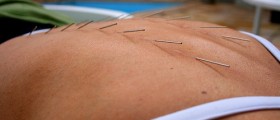


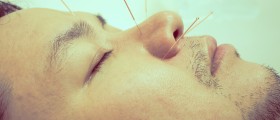

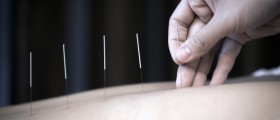
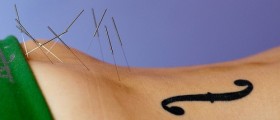



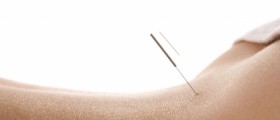
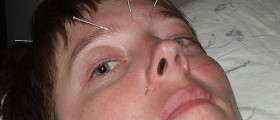



Your thoughts on this
Loading...